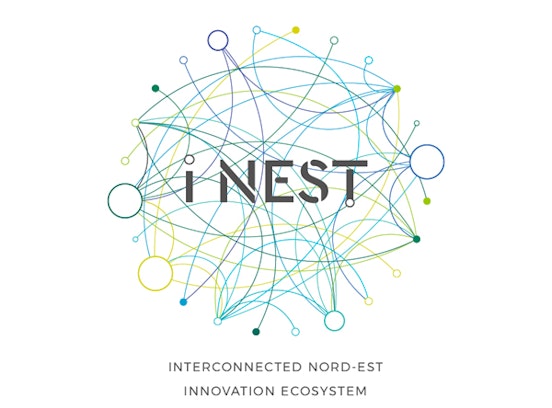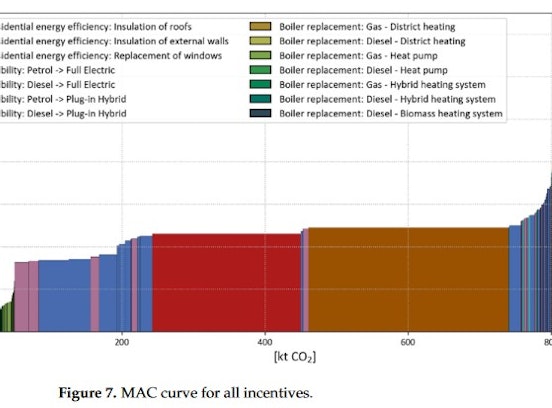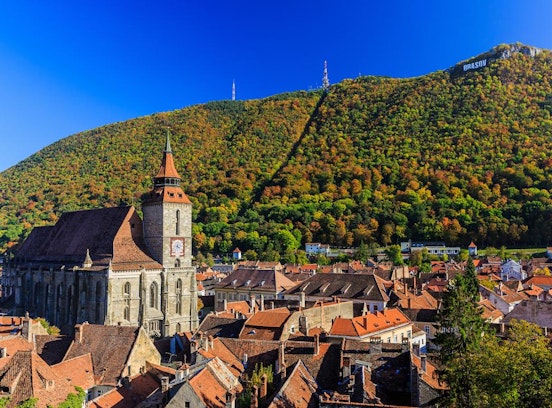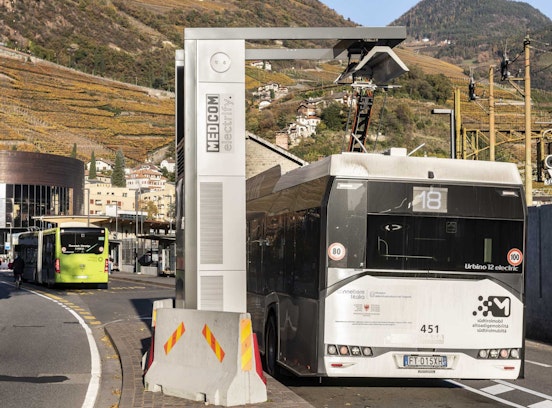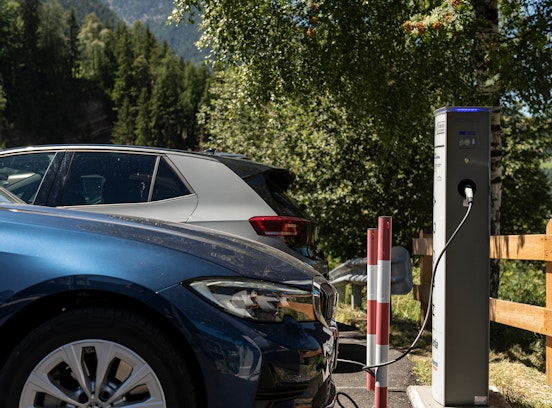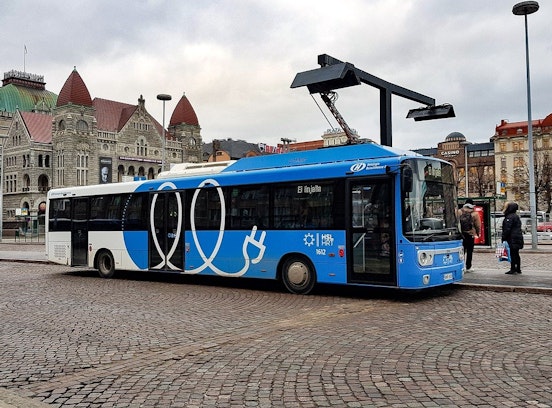Institute for Renewable Energy - Overall energy system modelling and e-mobility
Overall energy system modelling and e-mobility
The research group deals with modeling of overall energy systems integrating different energy sources, efficiency measures and storage. Research focuses also on enabling a rapid transition to electromobility in public, private and freight transport.
- Deutsch
- English
- Italiano
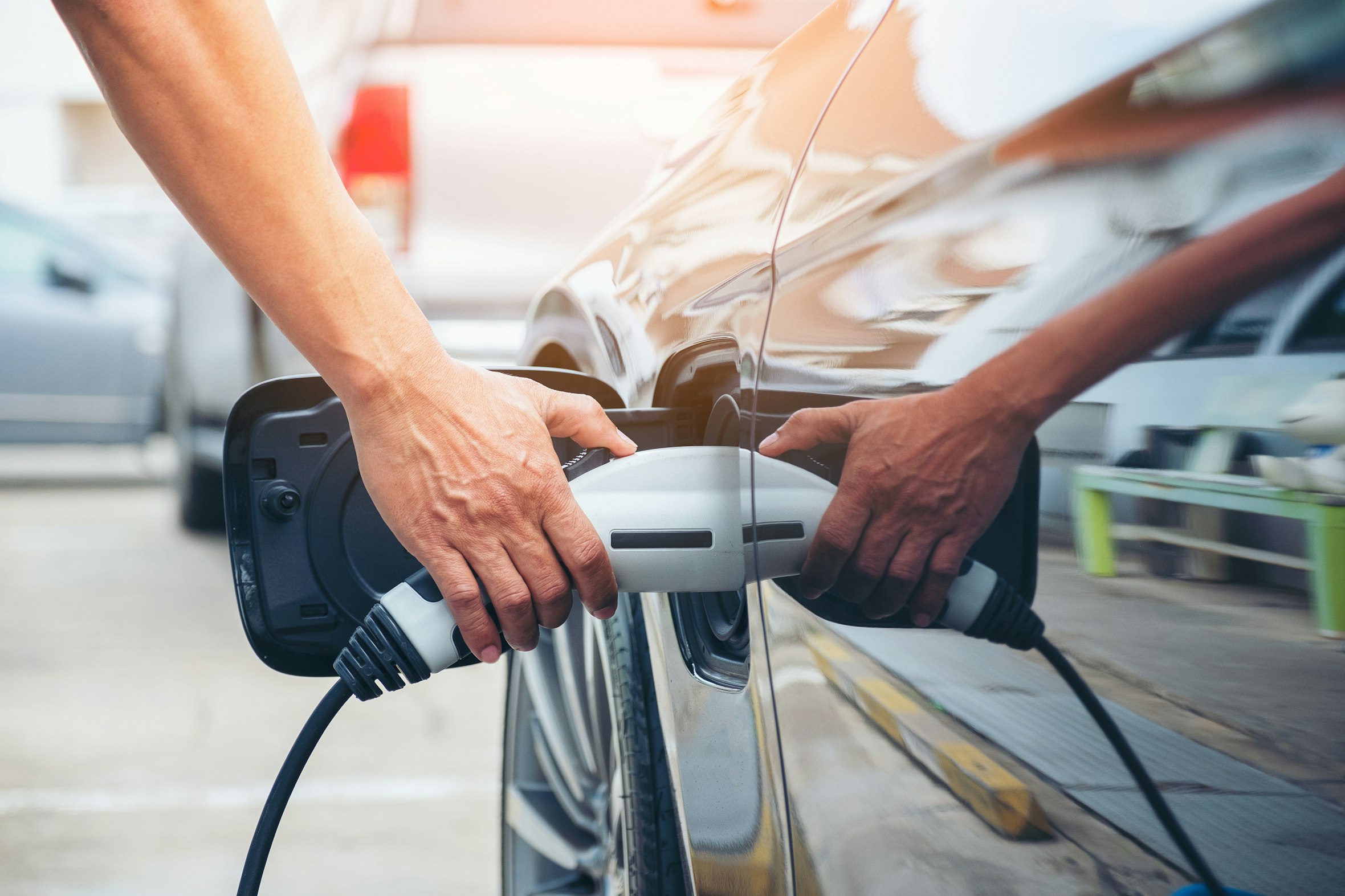 Photo: Tong_Patong | Adobe Stock | All rights reserved
Photo: Tong_Patong | Adobe Stock | All rights reservedThe research group deals with modeling of overall energy systems considering the integration of various energy sources, efficiency measures and storage. The models consider the thermal, electric, and mobility sectors and their integration.
In the area of mobility, research focuses on measures that enable a rapid transition to electromobility in public, private and freight transport.
The research activity is carried out in the context of research projects at European, national and local level, in consultancy services to national governments and regional authorities. The group works in direct collaboration with industrial partners and sector operators.
RESEARCH PROJECTS AND CONSULTANCY SERVICES IN THE FIELD OF ENERGY SYSTEM MODELING FOCUS ON:
- Static and dynamic energy systems modelling, taking into account the technical-economic aspects and with reference to future targets and transition pathways. The modeling activity is based on simulations with high resolution in time and sector-coupling implementing hourly timestep and including all the main sector of the energy system: power, heating and cooling, transport and industry, plus storage. The model allows for variation in the installed power of individual production technologies, evaluation of individual sector efficiencies, sector coupling effects, and full transition of individual sectors to zero-emission realities.
- Application of energy system modeling at national and regional scale.
- Integration of top-down macro-economic models to evaluate the impacts of a certain energy strategy on the economic development of the region or nation.
- Analysis of quantitative data on the necessary installed capacity of individual energy technologies, on the size of the efficiency measures and implementation of new vectors (such as hydrogen), on the degree of implementation of electric mobility, on the storage capacity and on the economic impact based on requests.
RESEARCH PROJECTS AND CONSULTANCY SERVICES IN THE FIELD OF ELECTRIC MOBILITY FOCUS ON:
- Territorial integration of charging technologies with reference to positioning and typology;
- Energy integration of electric mobility considering charging stations, battery charging cycles, grid effects, and other aspects such as Vehicle to Grid (V2G);
- Monitoring of fleets and infrastructures of electric vehicles and related data analysis;
- Modeling of public road transport fleets and analysis of the possibilities to move traditional transport towards zero-emission mobility;
- Integrated modeling of the transport-energy system through the development of a specific transport model and its integration with the existing energy system model.
METHODOLOGICAL APPROACH:
- Energy system modelling using simulation and optimisation bottom-up models such as EnergyPLAN and OEMOF. Coupling of these models with multi-objective optimization algorithms and additional components and technologies;
- Application both at regional and national level, considering single and multi-node aspects;
- Multilayer GIS processing to evaluate the optimal positioning of electric charging infrastructures;
- GIS analysis of public transport fleet routes to assess the specific energy consumption of individual lines, the possibilities of applying different zero-emission transport technologies, and the type and positioning of the charging / refuelling infrastructure
- Tests on batteries and charging infrastructures both as single components and in integration into energy communities


